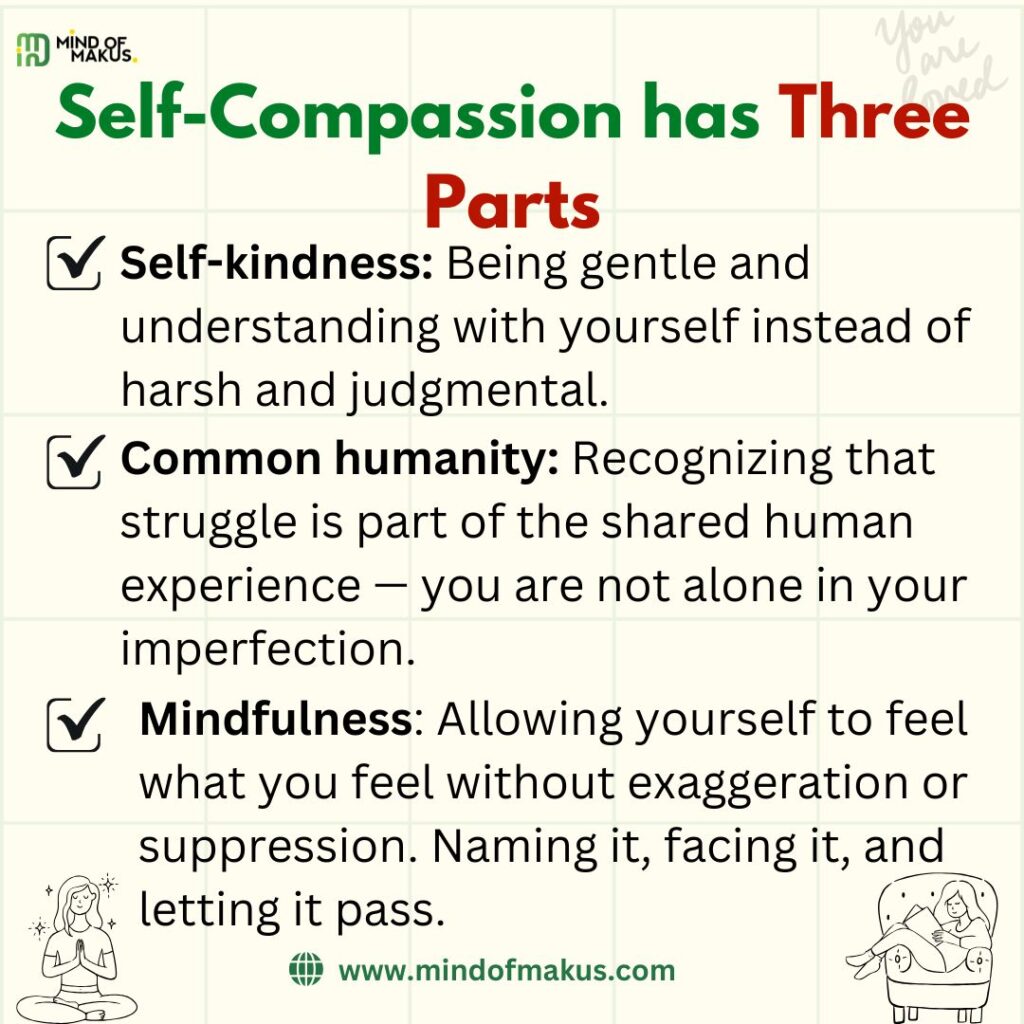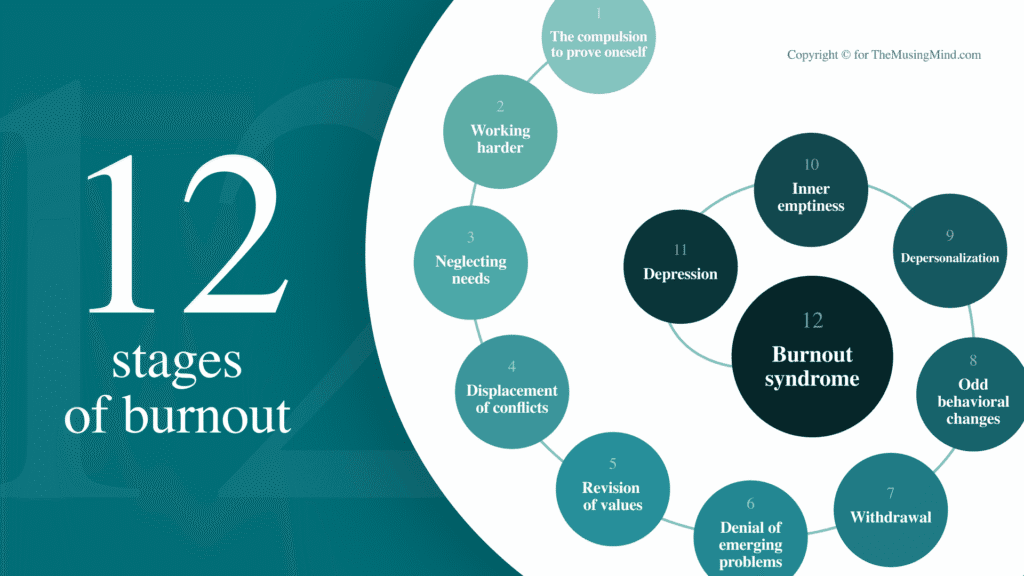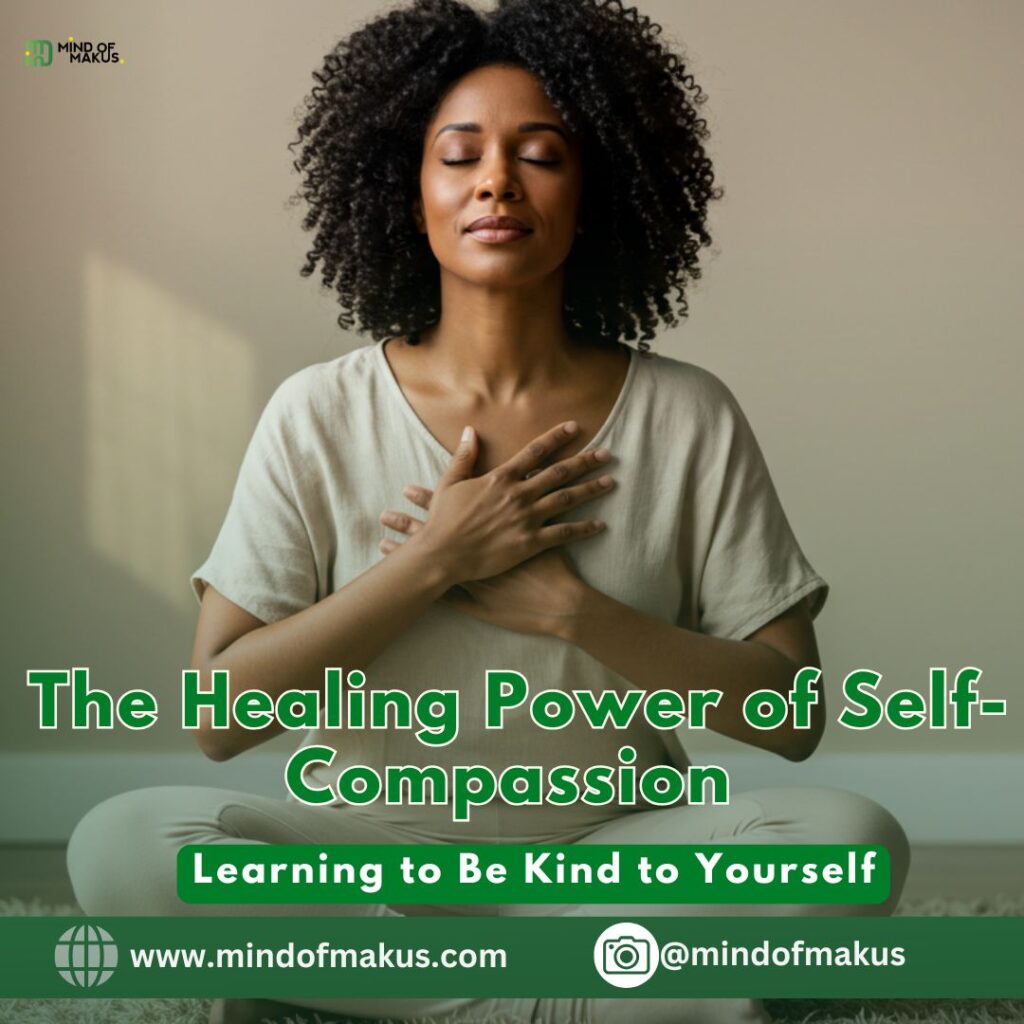Hi dear friend,
How are you today — really? Not the version you say when someone asks in passing, but the honest one you whisper to yourself when the world goes quiet.
Where you feel like throwing yourself on the ground and rolling like a toddler…. Alas, adulting.
If you’re like most of us, you’re probably harder on yourself than you’d ever dare to be with someone you love. You replay your mistakes, beat yourself up for not being “enough,” and speak words to yourself that would break your heart if you heard someone say them to a child.
I met a lady this week who told me she used to be a Christian, but she had gone so far off course that even when she desperately needed help, she felt guilty asking God for it and would prefer to hustle and beat herself up and frustrate her soul. I told her, every one of God’s children do naughty things, he actually wants them to come back home to get some loving and support. Very much like an earthly family, you are always welcome at home, where there is rice waiting.


But here’s a truth I want you to hold close today:
Self-compassion isn’t indulgence — it’s survival. It’s a spiritual necessity. It’s the soil where real growth takes root. How can you expect a harvest when the soil is not rich in nutrients?
What Is Self-Compassion, Really?
In simple terms, self-compassion is extending the same warmth, care, and understanding to yourself that you so freely give to others.
It’s the opposite of the harsh inner critic. It’s the voice that says, “Yes, you messed up — and you’re still worthy of love.”
It’s the gentle hand on your shoulder whispering, “You’re only human, and that’s enough.”
Psychologist Dr. Kristin Neff, one of the leading researchers on self-compassion, describes it as having three parts:
1️⃣ Self-kindness: Being gentle and understanding with yourself instead of harsh and judgmental.
2️⃣ Common humanity: Recognizing that struggle is part of the shared human experience — you are not alone in your imperfection.
3️⃣ Mindfulness: Allowing yourself to feel what you feel without exaggeration or suppression. Naming it, facing it, and letting it pass.


In my day to day work, I did a training programme that centers psychotherapy skills and I have trained in a modality of therapy called Compassion Focussed Therapy, in this area, similar to above, we talking about kindness towards self, wisdom and resourcefulness to use for our benefit, and inner strength to apply these to day to day life decisions.
Why Does Self-Compassion Matter?
If shame and self-criticism worked, most of us would be flawless by now.
But they don’t work — they drain us, paralyze us, and keep us small.
They don’t at all, and Brene Brown has done so much work on Shame and its problems that I would encourage you to go on YouTube and watch her videos
Research shows that people who practice self-compassion:
💛 Have greater emotional resilience
💛 Experience less anxiety and depression
💛 Are more motivated (not less!) to grow and change
💛 Build healthier relationships
💛 Bounce back from failure faster
💛 And live with more peace and joy
Because when you stop wasting energy hating yourself, you free up that same energy to heal, create, love, and live fully.
It is not synonymous with giving yourself a free pass or being lazy. Self-compassion positions you to excel when you apply yourself to things, because your inner strength is built on it.
Where Does Self-Compassion Start?
For many of us, being kind to ourselves feels foreign — even uncomfortable. Maybe you were raised to believe that being hard on yourself was the only way to keep you “disciplined.” Maybe you were taught that grace is something you extend outward, not inward.
But friend, let’s remember:
If you believe you’re made in God’s image, then your flaws don’t cancel out your worth — they magnify the need for grace.
A wise woman called Abisayo once said:
“The New Creation has a guarantee on her…. the seal of the Holy Spirit that ensures that we meet the spec that reigns eternally with God. We get to participate in how far God can put weight and place demands on his nature that he has put in us”.
So let’s practice:
- Pause & Notice: Next time you hear that harsh inner critic, pause. Listen to what it’s saying. Would you speak those words to a friend?
- Replace It Gently: Respond to yourself like you would respond to someone you love. Try: “I see you. I know you’re doing your best. Let’s try again tomorrow.”
- Remember You’re Not Alone: Everyone struggles. No one has it all figured out. When you fail, you’re not broken — you’re human.
- Practice Small Acts of Self-Kindness: Rest when you’re tired. Feed your body nourishing food. Give yourself permission to say no. Forgive yourself quickly.
In Real Life,
There was a season in my life when I thought being endlessly self-critical would make me better — a better mother, better wife, better professional, better child of God.
But all it made me was exhausted. Bitter. Burnt out.
One day, I looked at myself and felt stretched, almost broken, and on edge. I would rearrange furniture at night just to be doing something; rest was my idea of time wasting. I paused and started attending workshops, devouring books, and attending lectures on self-care. Just like you, I had no idea where to start, but I didn’t let that stop me. I began to practice self-compassion, one small act at a time.
It didn’t come naturally at first. But with each gentle word, each moment of pause, each refusal to bully myself, or let others bully me, something softened. My heart healed a little more. My mind quieted. My body rested.


Final Thoughts: Be Gentle
Dear friend, the world will be harsh enough — don’t let your mind become another battlefield.
Treat yourself like someone worth taking care of — because you are.
When you mess up — forgive yourself.
When you fall short — remind yourself you’re still worthy.
When you feel alone — remember, we’re all figuring it out, together.
💛 You deserve your own kindness.
💛 You are not your mistakes.
💛 You are not your failures.
💛 You are not your productivity.
You are beloved. You are human. You are enough.
Question for you:
What’s one kind thing you can say to yourself today? Leave it in the comments — you might just encourage someone else too.
Until next time, be gentle with yourself.
Live wholeheartedly,
Amaka



